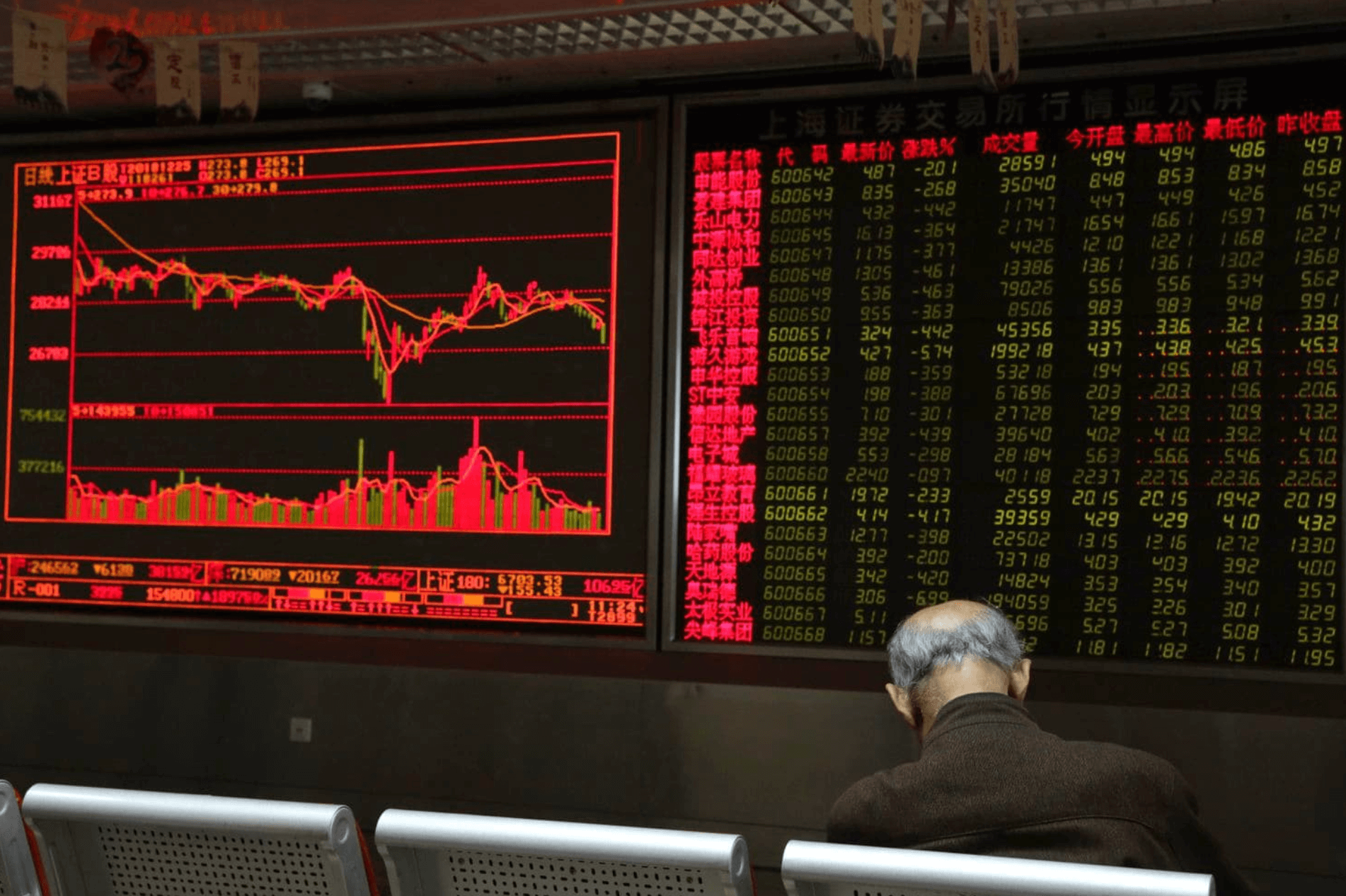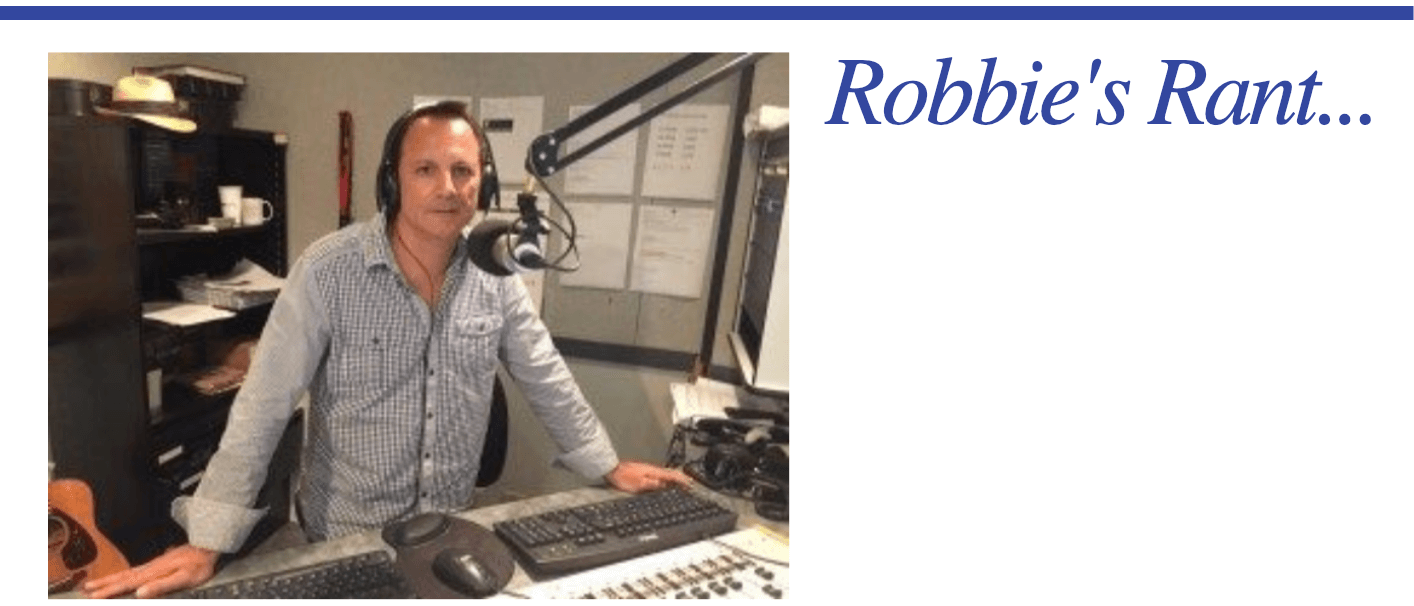A global economy that until recently was humming has broken down, a sharp contrast to the picture just a year ago when the world was experiencing its best growth since 2010 and seemed poised to do even better.
Already, builders in the United States are erecting fewer single-family homes. German factories are sputtering, and in China, retail sales are growing at their slowest pace in 15 years.
 The sudden slowing has fed into a global financial sell-off that has driven several U.S. stock indexes into or near “bear market” territory with losses of more than 20 percent. Stocks fell sharply Monday near the end of what is shaping up to be Wall Street’s worst December since 1931.
The sudden slowing has fed into a global financial sell-off that has driven several U.S. stock indexes into or near “bear market” territory with losses of more than 20 percent. Stocks fell sharply Monday near the end of what is shaping up to be Wall Street’s worst December since 1931.
The economic turmoil was on President Trump’s mind even on Christmas Day, when during an Oval Office appearance, he cast fresh doubt on the record of Federal Reserve Board Chairman Jerome H. Powell, whom he has increasingly blamed for the market weakness.
“Well, we’ll see,” the president said when a journalist asked whether he had confidence in Powell. “They’re raising interest rates too fast; that’s my opinion. But I certainly have confidence. . . . I think that they will get it pretty soon. I really do.”
The selling has caused a frenzy of unusual activity in the Trump administration, where efforts by Trump and Treasury Secretary Steven Mnuchin to allay fears seem only to have inflamed them. Political turmoil at the highest level in the United States and other advanced economies — epitomized by the partial shutdown of the U.S. government and street protests in France — is further feeding investor anxiety.
Additional forces threaten to turn what had been a gradual global slowing into something more serious. Central banks that went to extraordinary lengths to boost growth after the global financial crisis have become less supportive — with the Fed announcing another increase in its benchmark interest rate last week. And tensions over Trump’s “America First” trade offensive are sapping business confidence on multiple continents.
“The theme coming into this year was, everything was synchronized; everything was good everywhere,” said Torsten Slok, chief international economist for Deutsche Bank Securities. “Now everything is not good everywhere.”
That is only a slight exaggeration. Outside of the United States, which had estimated economic growth of 2.7 percent in the fourth quarter, according to the Atlanta Federal Reserve Bank’s “nowcast,” the picture is increasingly gloomy — and most economists say the U.S. economy will slow in 2019.
For the past month, economic data in the United States, Japan and the euro zone consistently has failed to meet analysts’ expectations, according to a Citigroup Global Markets index of economic surprises. Chinese results also began disappointing on Dec. 10 amid signs that the economy is slowing more sharply than policymakers had anticipated.
The adverse signs are enough for economists such as Megan Greene of Manulife Mutual Funds to warn of a “synchronized slowdown.” Few economists expect an outright recession in the United States or a “hard landing” in China, where the authorities are trying to manage a gradual deceleration.
But anemic performances by the global economy’s main engines could shake already stressed political systems in several countries, including the United States, where Trump will be preparing to rev up his reelection campaign.
“The political risk in a slowdown or even recession in 2019 is of stirring up already worrisome levels of nationalism,” George Magnus, author of “Red Flags: Why Xi’s China Is In Jeopardy,” said via email. “Quite aside from resolving the issue about what macro tools to use in such circumstances, the political temptation to raise barriers, including trade, might get still stronger. China could be especially volatile.”
In the United States, despite nearly a decade of uninterrupted economic growth, nearly 55 percent of Americans say the country is on the wrong track, according to the RealClearPolitics polling average. A sharp economic slowdown could short-circuit belated rewards for workers who are receiving average annual wage increases of 3.1 percent, the highest mark in nine years, according to the Bureau of Labor Statistics.
“If that doesn’t continue, you’ll see continued domestic political polarization,” said Peter Harrell, a senior fellow at the Center for a New American Security. “Clearly, a slowing economy is a huge concern to the Trump administration.”
An economic slowdown — coupled with tumbling stock prices — could also make the president more amenable to a quick deal with China in the months-long tariff war, Harrell said.
“They are getting nervous about the markets and nervous about the slowing in the economy, and there’s a similar reaction in Beijing,” he added.
The souring economic outlook can be seen on the bottom lines of multinationals such as FedEx. The global package-delivery company saw its share price sink last week as investors were spooked by executives’ downbeat forecast.
“Internationally, economic strength seen earlier this year has given way to a slowdown,” Rajesh Subramaniam, a FedEx executive vice president, said on a conference call for analysts. “The peak for global economic growth now appears to be behind us.”
Though company officials said the shipping business remains good in the United States, sluggish orders in Europe and China forced FedEx to lower its earnings guidance for next year and launch a voluntary employee buyout designed to save up to $275 million annually.
FedEx illustrates how economic weakness outside the United States is rippling through the corporate world.
In Europe, German auto production has been disrupted by the introduction of revised emissions testing regulations that took effect Sept. 1. Third-quarter profits at BMW were down nearly 24 percent. Overall industrial production has declined in seven of the past 11 months.
Italy’s new populist government, meanwhile, is locked in a budget dispute with the European Union, even as its economy sinks into recession. In Britain, protracted negotiations over the country’s divorce from the European Union., known as “Brexit,” is prompting banks such as JPMorgan Chase to shift some jobs to countries that use the euro, which Britain never adopted.
In China, authorities have been trying to wean the economy off a reliance on ever-higher debt totals. That was expected to lead to slower economic growth, but the U.S. imposition of tariffs on more than $250 billion in Chinese imports has worsened the downturn.
“Historically, the global business cycle is not entirely synchronized,” said Andrew Kenningham, chief global economist at Capital Economics in London. “But the world might be becoming a bit more synchronized.”
One major economic shift — the 41 percent decline in oil prices since early October — will produce winners and losers. Every penny of decline in the pump price of a gallon of gas leaves American consumers with an additional $1 billion to spend on other goods and services, according to Slok.
But lower prices will sap investment spending by oil and gas companies in the United States and elsewhere. The loss of income for major oil-producing nations that carry heavy foreign-debt loads will outweigh the consumer gain, Carl Weinberg, chief international economist at High Frequency Economics, wrote in a research note.
“The global economy — its financial and economic stability and its growth path — will be riskier on this redistribution of income,” he wrote, citing upheaval in Venezuela and Nigeria and Saudi Arabia’s growing debt burden.
The Trump administration’s goal of 3 percent annual U.S. economic growth for several years appears to be fading, with the Federal Reserve lowering its 2019 forecast to a 2.3 percent annual rate, down from this year’s expected 3 percent figure. The Fed also has backed away from plans to raise interest rates three times next year.
“The economy isn’t running hot. It is cooling, and this is making the Federal Reserve more cautious about raising interest rates too high,” said Christopher Rupkey, chief financial economist at MUFG Union Bank.
Though almost all economists expect the economy to continue growing through 2019, there is now a roughly 1-in-6 chance of a recession over the next 12 months, the highest likelihood since the recovery began in mid-2009, according to the New York Fed.
Kevin Hassett, the head of the White House Council of Economic Advisers, disputed the consensus view that the U.S. economy has peaked. In a briefing for reporters in mid-December, he said computer manufacturers are having a hard time keeping up with orders, suggesting that they would soon invest in additional factory equipment.
“The people who said we couldn’t have 3 percent growth last year are saying it about next year, and I [think] that they’re as incorrect now as they were last year,” he said.
In raising interest rates last week by a quarter of a percentage point, the Fed took note of shifting global conditions. The Federal Open Market Committee, the Fed’s rate-setting body, added a sentence to its post-meeting statement, pledging to “monitor global economic and financial developments and assess their implications” for the United States.
“When we add a sentence like that, that’s not just — that has meaning, it’s indicating to everybody that we’re very focused on that and very attuned to the possibility that this outlook may change in coming months and we’re going to be very focused on studying that and open to reassessing our views,” New York Federal Reserve Bank President John Williams told CNBC.

Well they say “timing is everything“. Right after this mentally retarded idiot posts the article above about global slowdown, which I believe was only written because the stock market sold off and he wanted to look like some kind of hero, the market goes up 1,000+ points in one day. In fact it had its biggest day in history. Go figure! I’m not one to judge global slowdown by the stock market. I’m not that big a fool. A fool, yes, but not a big one.
The way I see it, the economy is just getting back on its feet. The real estate market is slowing of course. What do you expect? It’s been up 5-10% year after year for the last 5 years. You’re going to run out of buyers at some point. Now, we’ll have to wait and see how that effects the overall economy as a whole. I personally think we’ll be flat lining for at least the next 3 years. Or until Trump is put in jail or impeached, whichever comes first.
I’m just an observer. I like to watch from afar. And what I see doesn’t look good in the long term. Meaning, 3 to 5 years out. As retail vacancies continue, home buying slows up, it will be an economy driven by the ultra wealthy. Those who buy yachts, jets, luxury travel, jewelry, etc. The lower end economy will stay stagnant for some time as poor people get poorer and rich people get richer. It’s not hard to see the end result with a two-tiered economic hierarchy. At this point there’s really not a middle class left. Especially one that’s “a spending middle class“. These days, if you live in America, consider yourself lucky if you’re anything near middle class.
About The Author

- Robert Louis Annenberg Is a 40 year seasoned property owner, manager, investor, builder/developer and business man who is also an author of five published books to date (Amazon.com) and the chief editor of LifeQuestJournal.com. He can be reached at: [email protected] and (201) 289-2500.
Latest entries
 #13 Chumley's Wall of Shame (My Consumer Advocacy)April 24, 2019Family of Elizabeth Holmes’ fiancé worry she has ‘brainwashed’ him: source
#13 Chumley's Wall of Shame (My Consumer Advocacy)April 24, 2019Family of Elizabeth Holmes’ fiancé worry she has ‘brainwashed’ him: source #16 Celebrity Gossip & Celebrity Real EstateMarch 31, 2019Eric Clapton Grew up Thinking his Mother was his Sister
#16 Celebrity Gossip & Celebrity Real EstateMarch 31, 2019Eric Clapton Grew up Thinking his Mother was his Sister #16 Celebrity Gossip & Celebrity Real EstateMarch 18, 2019Mugshot of ‘Mama June’ released after drug arrest
#16 Celebrity Gossip & Celebrity Real EstateMarch 18, 2019Mugshot of ‘Mama June’ released after drug arrest #16 Celebrity Gossip & Celebrity Real EstateMarch 18, 2019Wendy Williams Revealed She’s Been Living In A Sober House And Is Recovering From Addiction
#16 Celebrity Gossip & Celebrity Real EstateMarch 18, 2019Wendy Williams Revealed She’s Been Living In A Sober House And Is Recovering From Addiction

